【新唐人2012年4月5日訊】在中共中央前總書記胡耀邦逝世23年的時刻,4月3號,大陸媒體發出緬懷文章。文章寫道:胡耀邦墓前像徵著當時12億民眾的12個大石頭無語簇擁﹔而胡耀邦的側面雕像,任憑歲月風雨的洗禮,「凝眉憂思的面龐依然清晰」。 在中共十八大換屆前夕,這篇「胡耀邦墓前清明祭」引發大陸政治體制改革走向的聯想。胡耀邦智囊阮銘表示:中共體制內談改革永遠也改革不了。
中共前領導人胡耀邦,曾為文革中「冤假錯案」的大批老幹部和知識份子進行平反。1986年12月中旬開始的學生要求「民主選舉和反貪腐」示威運動,促使胡耀邦下臺。
1989年4月15號,胡耀邦突發心臟病逝世,北京學生舉行緬懷胡耀邦活動,並提出改革訴求,最終引發了震驚中外的「天安門民主運動」。
《炎黃春秋》曾刊載胡耀邦政治秘書劉崇文的6000字長文----《胡耀邦最後的日子》。文章披露了胡耀邦去世前的部分生活細節,其中說道:胡耀邦非常抑鬱,他希望中共高層對「學潮」有一個正確的評價。他認為,民主浪潮是世界性的,誰也無法阻擋。
曾任職中宣部與中共中央黨校的胡耀邦智囊----阮銘向《新唐人》表示:中國要走民主的路,光靠中共體制內改革不可能成功。
阮銘:「 只有鄧小平他才是反對民主的。民主就是體制外,民主怎麼是體制內呀?民主就是遊行示威,有反對的自由,有言論自由。體制內就是封閉的。」
中共國務院總理溫家寶2010年曾公開讚揚胡耀邦的貢獻,被外界認為溫家寶有意繼承胡耀邦改革的遺志。今年人大和政協「兩會」記者會上,溫家寶強調進行政治體制改革的必要,並警惕大陸還有發生文革的危險。
《北京之春》雜誌主編胡平表示:共產黨體制,名義上它有憲法,它也承認有言論自由、結社自由,和各級官員選舉等等,但是,它實際剝奪了這些自由,使憲法淪為一紙空文。
胡平:「 人們要是堅持把憲法這些關於自由的條文切實兌現,它實際上本身就會導致整個制度的解體,所有現在的極權國家都有這麼一個特點,它都要承認一切權力來自於人民,而我們知道共產黨它從來不會把這些話兌現,它用別的東西把這些話壓住。反過來一旦人民或它的領導者都來要求這些話兌現,那這個制度就轉型了。不管是當年蘇聯的戈爾巴喬夫或者是東歐的國家,甚麽匈牙利領導人等,他們就是這麼做的。就促成了這樣的轉型,促成了共產黨組織本身的解體。」
中國問題研究專家趙遠明認為,中國如果進行改革,第一步應該建立真正的多黨制,互相監督制衡,而不是一黨獨大。
另外,時事評論員趙培認為,中共寡頭政治的體制,所謂的政改也只是修修補補的狀態,中共所謂的政改只是在延緩倒臺的時間,不會帶給中國真正的希望。
採訪編輯/常春 後製/黎安安
=====================
China』s Media Commemorate Hu Yaobang
On 3rd April, China』s media reports commemorated the 23rd anniversary of Hu Yaobang』s death. Hu Yaobang was the former General Secretary of the Chinese Communist Party (CCP). “Condolences on Tomb-sweeping Day for Hu Yaobang”, the article provoked an association of the mainland』s political reform path ahead on the eve of the CCP』s leadership transition. Ruan Ming, the think-tank of Hu Yaobang, says that talk of reform will never succeed if being carried out from within the CCP system.
Former CCP leader Hu Yaobang rehabilitated a large number of CCP veteran cadres and intellectuals who had been persecuted during the cultural revolution.
A series of widespread student protests started in December 1986, demanding “democratic elections and anti-corruption”. The event triggered Hu Yaobang』s eventual resignation.
Hu Yaobang died from sudden cardiac arrest on 15th April, 1989. Beijing students held an activity to commemorate him, and called for reform. This led to the later global sensation of the Tiananmen Square Democracy Movement of 1989.
Magazine Yanhuang Chunqiu published a 6000-word article authored by Liu Chongwen, Hu Yaobang's political secretary. The article, “Hu Yaobang』s Last Days", revealed some details of Hu』s life before his death. “Hu Yaobang was very depressed and hoped the central leadership could correctly assess the 『student protest』. He believes that the democratic wave is a world trend, and
no one can stop it.”, said the article.
Ruan Ming, the former think-tank of Hu Yaobang, comments that China should choose to take the path of democracy. It is impossible to succeed by only relying on the reform carried-out from within the CCP system.
Ruan Ming: "Only Deng Xiaoping himself opposed democracy. Democracy is outside the CCP system, how can it exist within the CCP system? To be exact, democracy allows for demonstration, the freedom to express opposition and the freedom of speech. All these are blocked off inside (the CCP) system."
In 2010, the CCP Premier Wen Jiabao publicly praised the contribution that Hu Yaobang had made. Wen』s talk was deemed as his intention to inherit the unfulfilled wish of Hu Yaobang, said outside comments. At the press conference for this year』s "two sessions", Wen Jiabao emphasized the need for political reform. Wen also warned that China was in danger of experiencing a recurrence of the cultural revolution.
According to Hu Ping, chief editor of "Beijing Spring" magazine, the communist system has its nominal constitution and outwardly recognizes the freedom of speech, freedom of association, election of officers at all levels, and so on.
While in practice, it deprives of these freedoms, invalidating the constitution to a scrap of paper.
Hu Ping: "If the people insist on fulfilling these provisions of freedom that are stipulated in the constitution, the fulfilling itself would lead to the disintegration of the entire (CCP) system. All existing totalitarian regimes share such a common feature that they admit all the power comes from the people themselves. But as we know the CCP has never fulfilled these promises. It used other things to press against it and hold them off. But once the people or even the regime』s leaders all want to put these words into practice, the system will be transformed. Like Gorbachev of the former Soviet Union or Eastern Bloc or the Hungarian leaders, they all did so. That contributed to the transformation, and to the disintegration of the Communist Party itself.”
Expert in China issues, Zhao Yuanming, comments on how to carry out China』s reform. The first step should be to set up a genuine multi-party system so as to form a system of mutual checks and balances. This will avoid one-party dominance, says Zhao.
According to political commentator Zhao Pei, the CCP oligarchic political system claiming to carry out political reform is just tinkering with the system. Zhao Pei points out that carrying out so-called political reform is just postponing the CCP』s downfall. It will not bring any real hope to China, he says.
看下一集
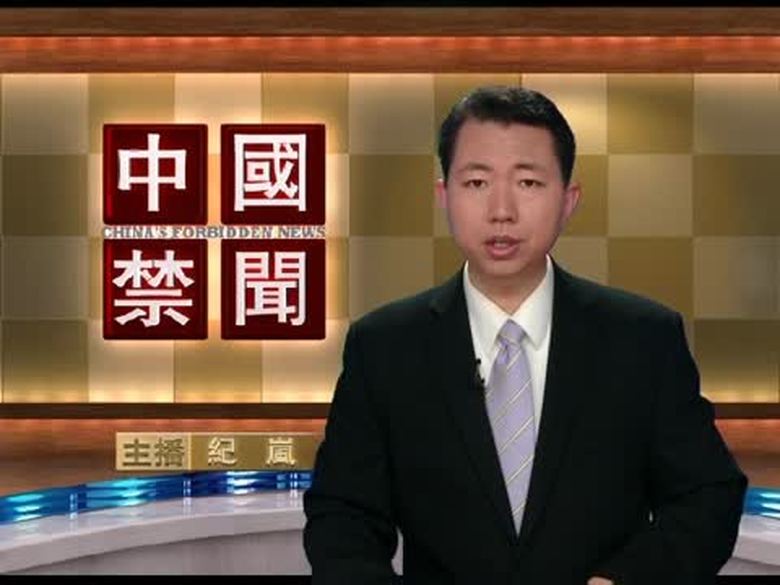
【禁聞】德媒:中共正進行一場神秘鬥爭
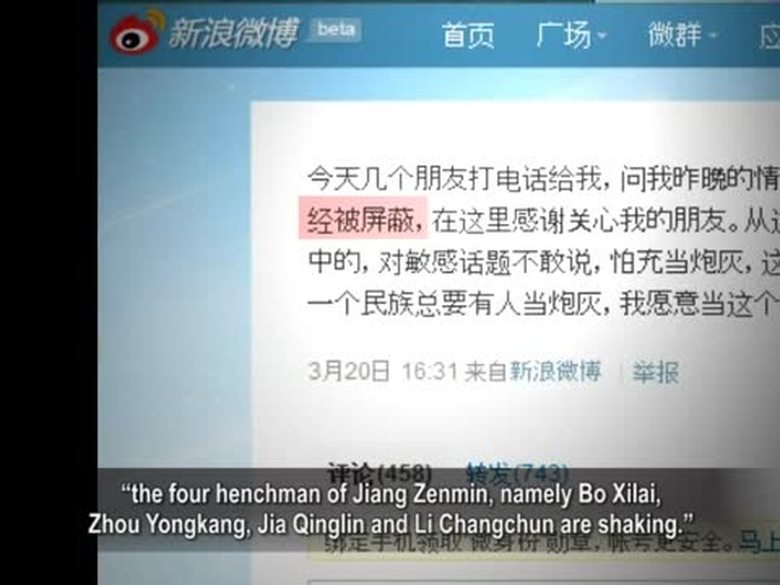
【禁聞】重開微博評論 中共嚴打依舊
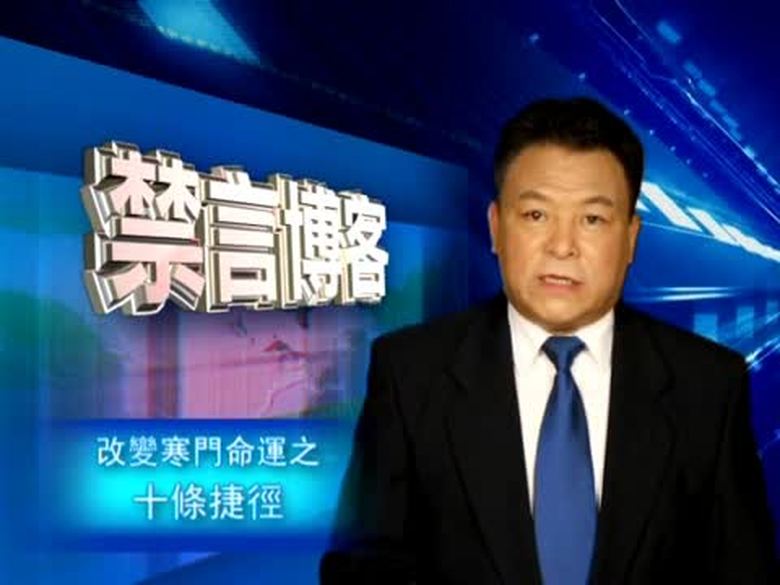
【禁言博客】中國寒門改變命運的十條捷徑
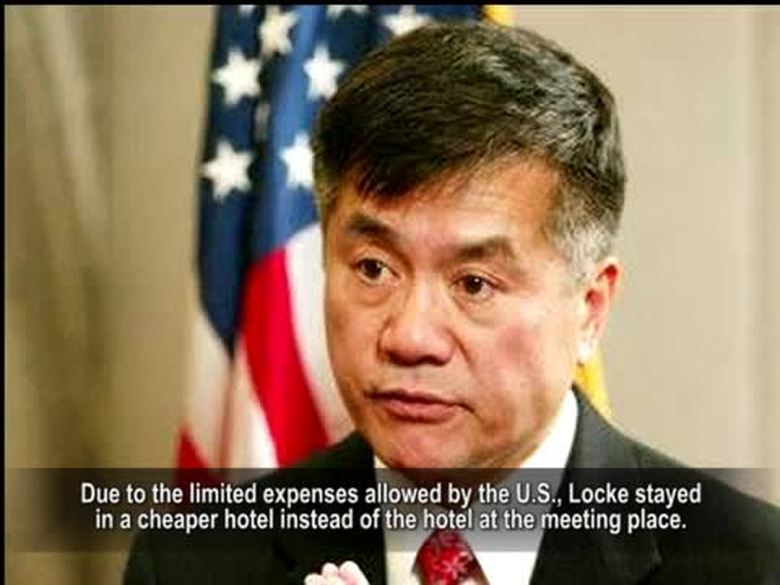
【中國禁聞】美大使住不起五星酒店
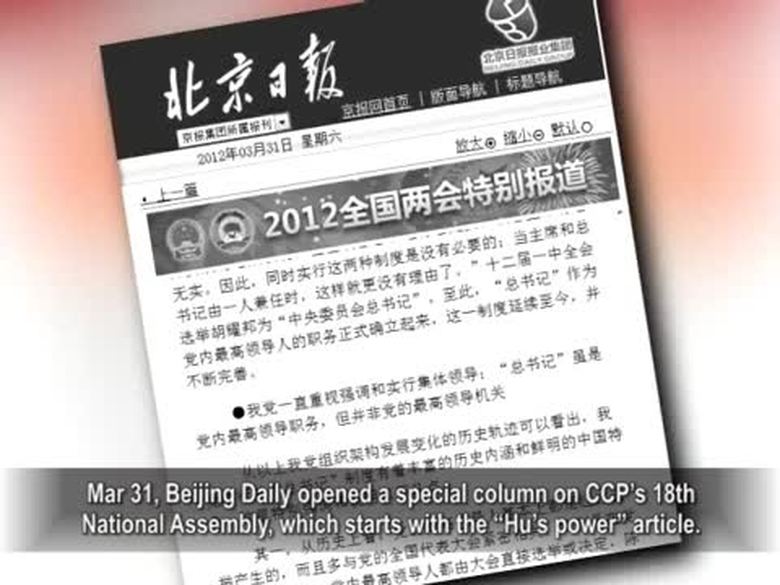
【禁聞】《北京日報》質疑「總書記」權威
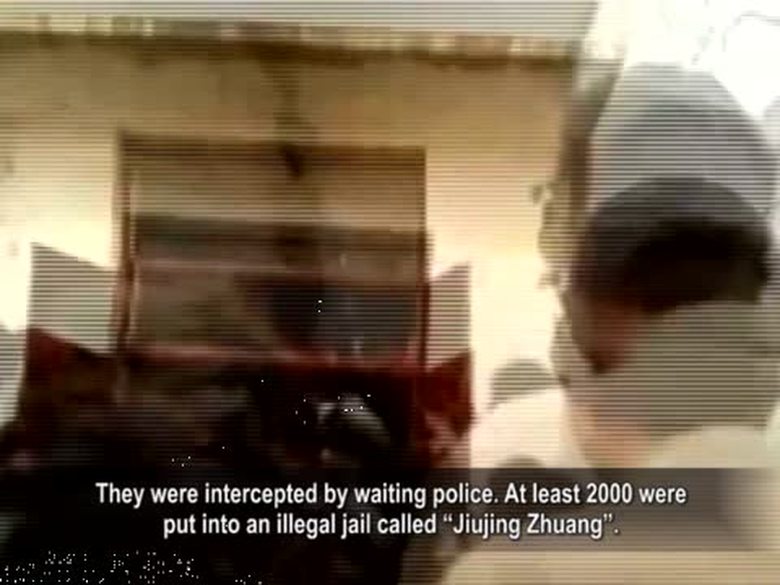
【禁聞】訪民衝破黑牢 祭楊佳被關押
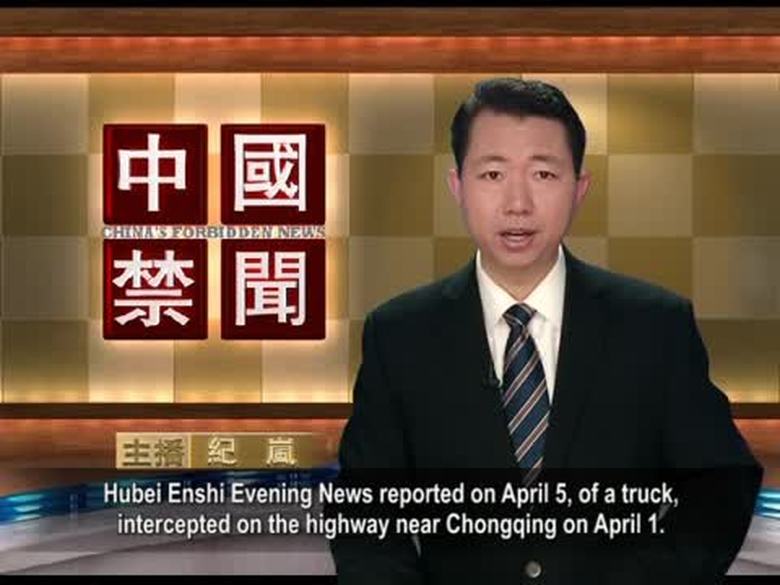
【禁聞】重慶貨車私運軍火 官方說辭矛盾
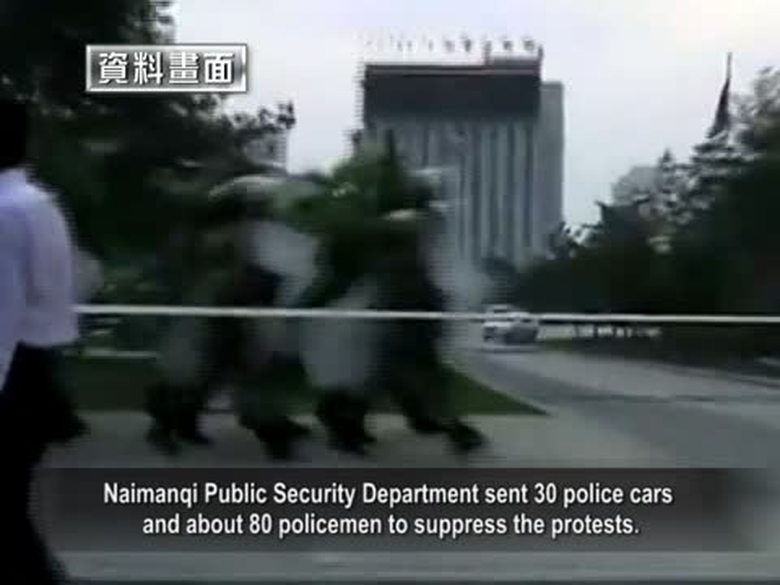
【禁聞】堅持抗爭 內蒙牧民拒絕條件交換
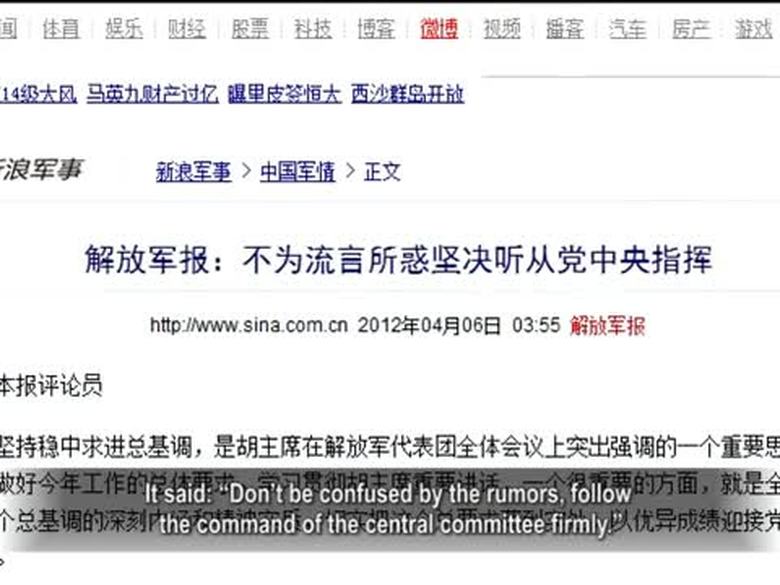
【禁聞】軍隊再表忠 大員輪番表態挺胡棄江

【禁聞】中共特色 部委食堂一元錢午餐
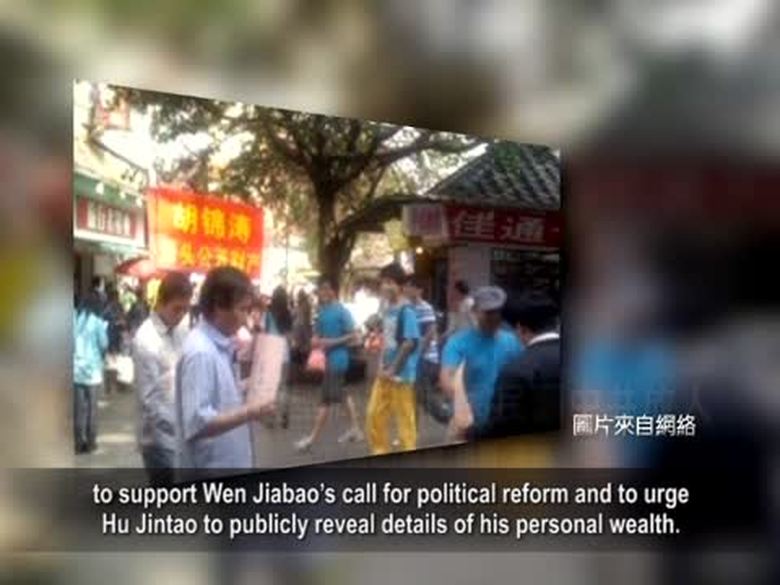
【禁聞】廣州街頭舉牌被抓 網民籲中共放人
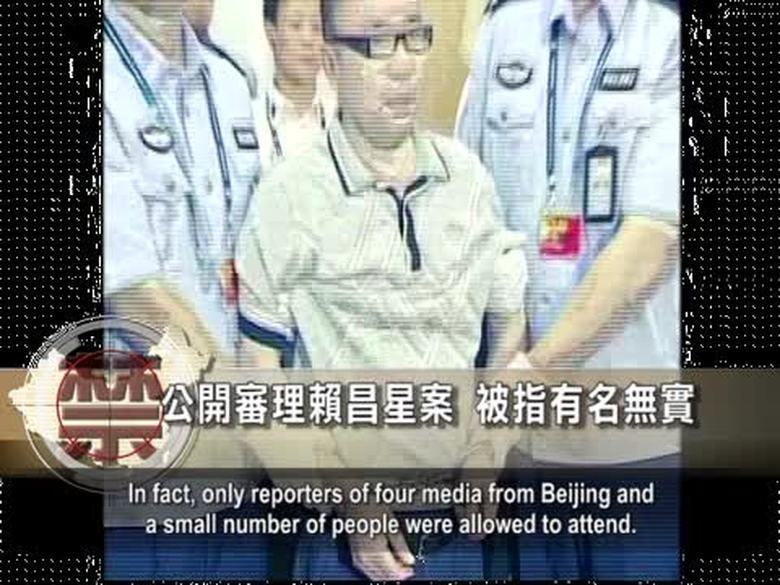
【禁聞】公開審理賴昌星案 被指有名無實
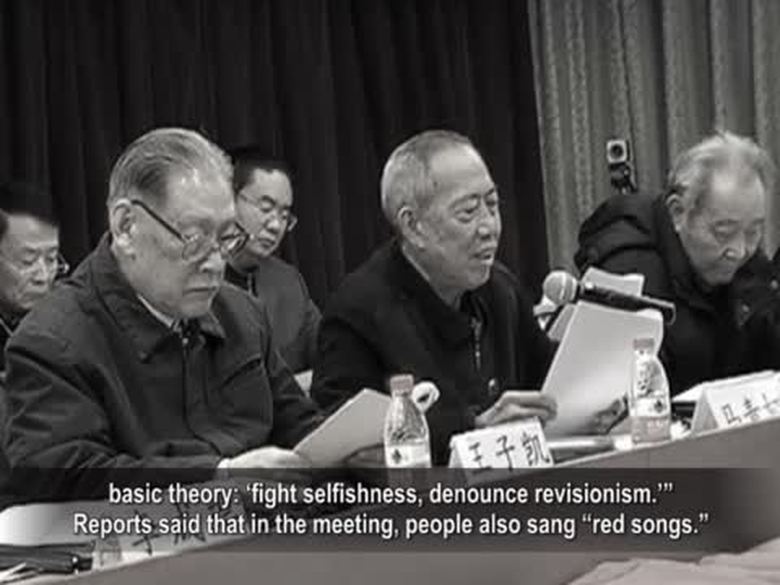
【禁聞】毛派開班唱紅 外媒:批毛者居多

【禁聞】毛派開班唱紅 外媒:批毛者居多
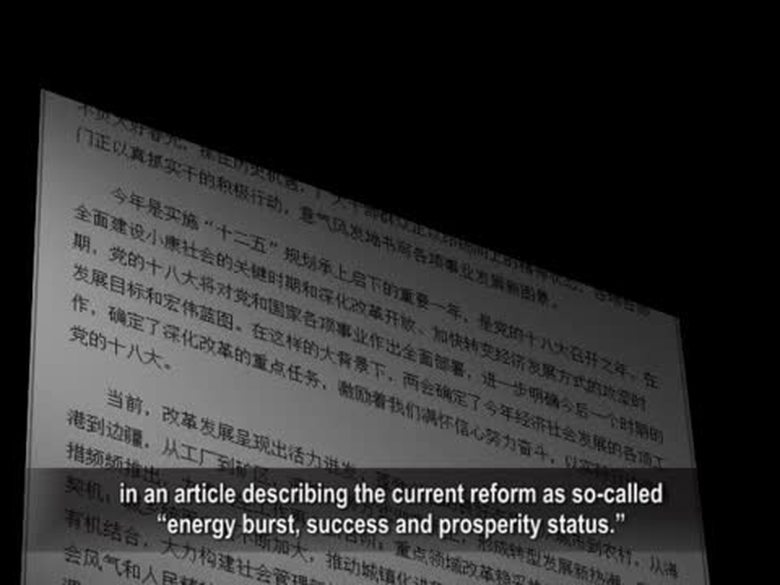
【禁聞】黨報十八大信心喊話折射政權危機

【禁聞論壇】中共要政改了嗎?








